 Often people rush into home remodeling projects, but quite honestly, they do the same when it comes to buying homeowners' insurance as well. If you're policy-shopping, don't make the mistake of jumping into whatever is looking good at the time without actually going through all of the information. But unfortunately, many homeowners become familiar with their policies only when a disaster occurs; then they go back over their papers and find out they are missing vital components and their home is not covered.
Often people rush into home remodeling projects, but quite honestly, they do the same when it comes to buying homeowners' insurance as well. If you're policy-shopping, don't make the mistake of jumping into whatever is looking good at the time without actually going through all of the information. But unfortunately, many homeowners become familiar with their policies only when a disaster occurs; then they go back over their papers and find out they are missing vital components and their home is not covered. If you've already got a policy, take the time now to review it to see if you're adequately protected. If not, you've got time to get something else in place before the need arises.
What to Check for in the Policy- While reviewing the papers for your insurance, you should make sure that you cover some of these key parts. This is to protect the overall well-being of your home and those inside it.
- Check for the most extensive coverage that is provided, instead of just going with the more basic model. Keep in mind though, even the more extensive coverage is not going to cover the more extensive disasters that could occur in your area.
- Find out what type of water damages are covered. If you spring a leak somewhere in the structure, a basic plan is not going to cover this – unlike a more detailed, extensive plan.
- Often, you should over insure since only 50%-70% of your home is going to be covered if items are stolen or damaged. This means you might not have enough to cover the whole structure and everything inside if something was to happen.
- Adding on riders for more expensive items in the home such as collectibles, expensive jewelry, large electronics, antiques and so on can be a good way to make sure that these items are covered if something happens to them, and not just a portion of the amount that they are worth.
- Look through the various replacement coverages that are available. One actually might be what you need over what you originally had. In order to make sure you're getting the right one, you have to completely look through your coverage since some types will cover the entire cost of the item, not just a portion of the cost.
- It is recommended that you choose to get a total replacement policy compared to a replacement policy that is based on the current market value of the home. This will cover the entire cost of the home being rebuilt, even if it does go over market value at the time of being built.
- Some policies even give you the option of having another place covered if you have to live somewhere else while the new home is being built. They will cover the costs of renting a new home until your home is built. This allows you to save some money if something were to happen to your home. You can add this on as an extra or it might come in your particular insurance policy.
Subscribe to Quarve Contracting's Blog


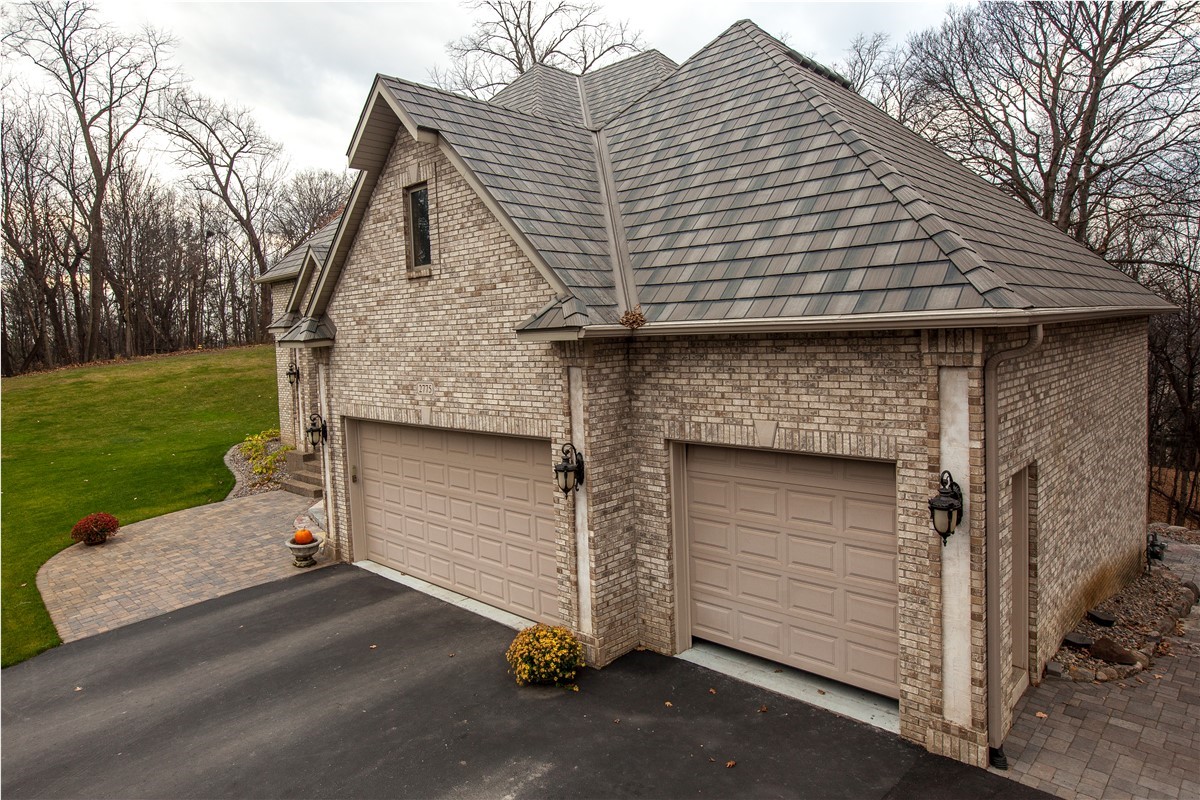
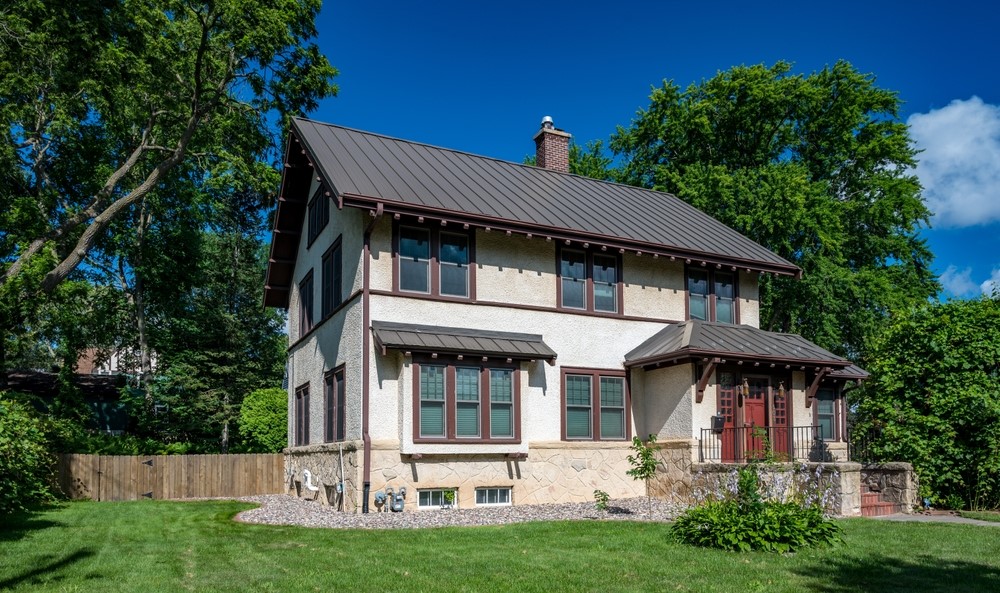
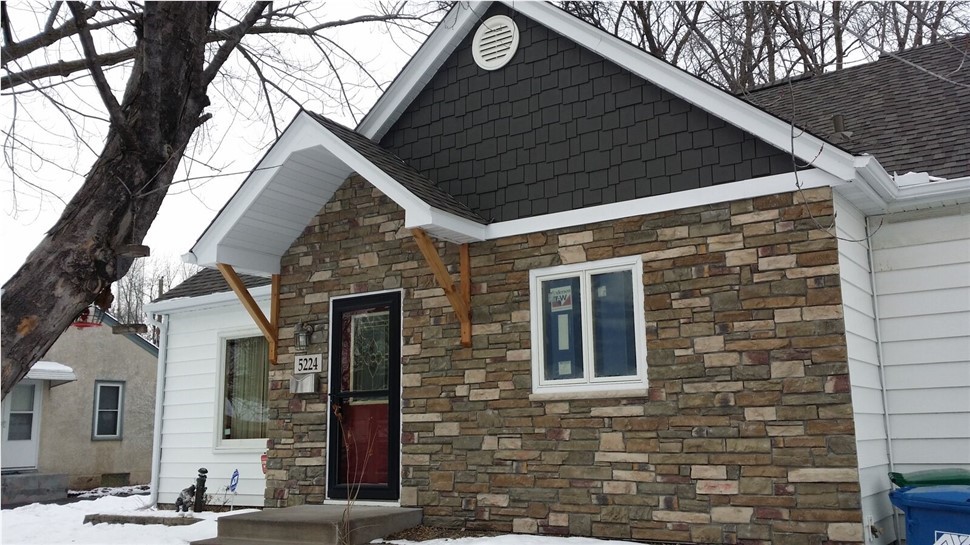
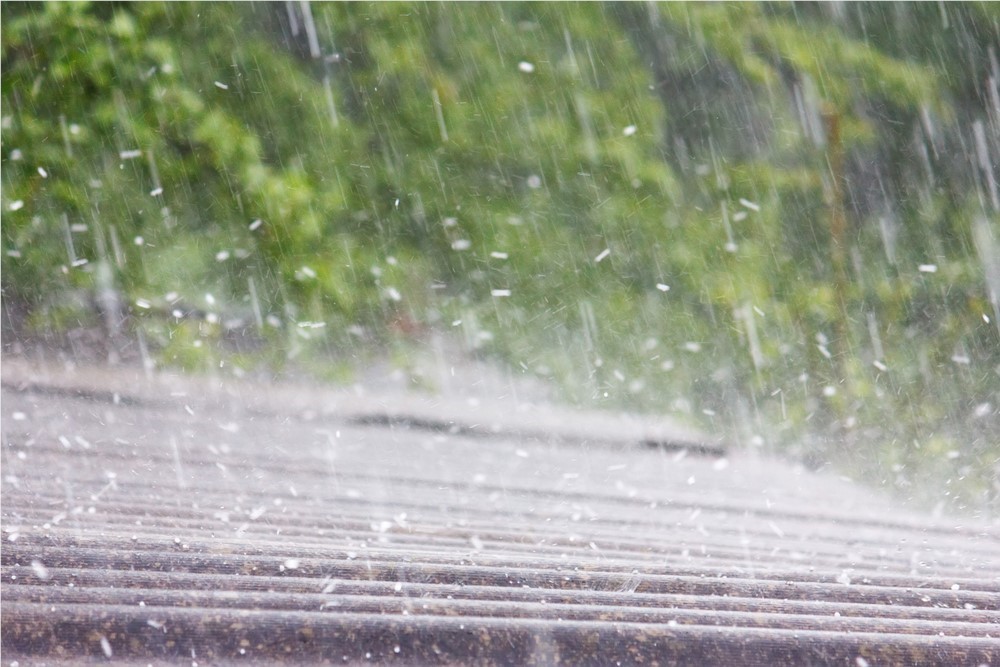
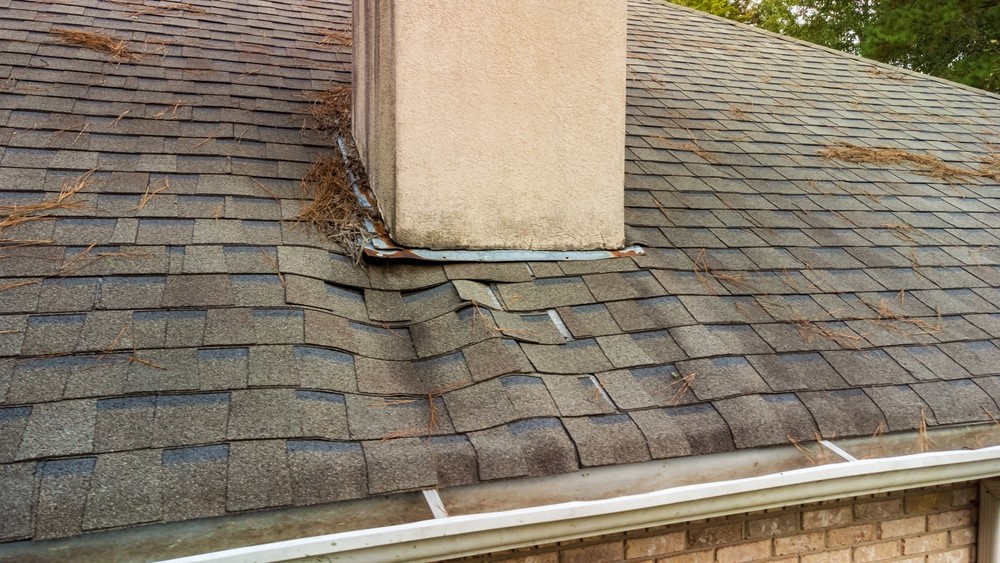
Comments